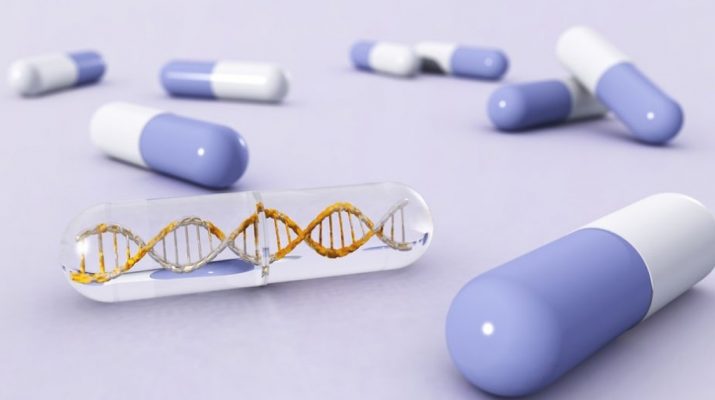Knowing your ancestry is not only a fun thing to look into but also a fascinating process that can shed a lot of light on your personal understanding of your family.
However, have you ever thought to consider that looking into your ancestry might not be the safest or most secure experience? Have you ever considered that offering DNA might have unknown outcomes? If you paid for an ancestry report from 23andMe.com, then the pharmaceutical giant GlaxoSmithKline now owns your genetic identity! Does that sound scary or what?
23andMe Selling Our DNA?
However surprising or unsurprising, the human DNA that 23andMe have been collecting has become a commodity. As the world’s largest genetic code database, 23andMe is using their collection of DNA to create a kind of “new frontier” for many different pioneering drug-makers.
In exchange for telling you your ancestry, 23andMe requires you give them a sample of your DNA, but apparently they later turn around and sell your genetic code for profit! Companies like GlaxoSmithKline are eager and willing to pay a great deal of money for collections like these!
The British pharmaceutical giant, GlaxoSmithKline, just recently invested $300 million into the genealogy company, purchasing a share in 23andMe in order to reap great benefits. According to GlaxoSmithKline’s CEO, the merger of these two enormous companies should greatly accelerate the development of “novel treatments and cures.”
Their idea is that by having immediate access to an endless supply of DNA samples, GlaxoSmithKline can continue developing pharmaceuticals to treat illnesses. The genetic blueprints provided by 23andMe may now be used by GlaxoSmithKline to get the newest of drugs approved faster, into to the market faster, and treating health issues faster – at least, that’s what GlaxoSmithKline has boasted about in press releases.
Some might wonder exactly how this exchange is legal and customers going to 23andMe to find ancestry information might not be thrilled to discover that their genetic codes have been sold for profit.
However, according to current reports, 80% of 23andMe customers have opted to share their genetic data in addition to taking a survey about their lifestyle and health status entirely for research purposes. Well over 5 million different individuals have offered saliva samples to 23andMe in exchange for ancestry insights, leading to GlaxoSmithKline’s possession of at least 4 million DNA samples.
What You Can Do To Protect Your DNA
According to Peter Pitts, president of the Center for Medicine in the Public Interest, “If people are concerned about their social security numbers being stolen, they should be concerned about their genetic information being misused!” Pitts goes on to say that “This information is never 100% safe. The risk is magnified when one organization shares it with a second organization. When information moves from one place to another, there’s always a chance for it to be intercepted by unintended third parties.”
The 23andMe company even admits to the lack of safety, saying on their website, “Your genetic data, survey responses, and/or personally identifying information may be stolen in the event of a security breach. In the event of such a breach, if your data are associated with your identity, they may be made public or released to insurance companies, which could have a negative effect on your ability to obtain insurance coverage.”
If you or anyone you know is interested in closing their 23andMe account, they should do so on the 23andMe Customer Care page. However, keep in mind: “any research involving your data that has already been performed or published prior to our receipt of your request will not be reversed, undone, or withdrawn.” (1, 8)
So if you’re thinking about checking your ancestry anytime soon, maybe reconsider if you don’t want your DNA samples in the hands of a pharmaceutical company!

